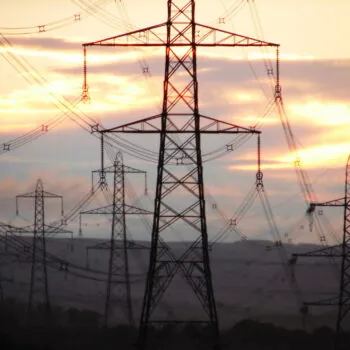Today, 50 leading organisations from across Europe’s industry, think tanks, and civil society have published an open letter to the European Commission, calling for ambitious lead market measures to be included in the forthcoming Industrial Accelerator Act (IAA).
The letter, coordinated by E3G and the Zero Emissions Platform, highlights that Europe has a significant pipeline of clean industrial projects, but what is still missing for these efforts to scale is the policy framework that creates a reliable business case for investment.
In particular, the signatories highlight that:
- Voluntary labels are useful first steps and transparency tools, but they do not provide the long-term certainty and level playing field needed to unlock private investment.
- Financial support is essential to kick-start projects, but on their own do not create stable markets.
- Voluntary demand commitments are positive but insufficient to drive systemic value chain wide market shifts.
- Voluntary green public procurement can play an important catalytic role but cannot create sufficient demand across all sectors, and risks leading to market fragmentation.
The signatories therefore urge the Commission to make a comprehensive lead market strategy a central pillar of the Industrial Accelerator Act by including the following provisions:
- EU-wide, harmonised, and performance-based product standards to avoid fragmentation of the internal market and ensure fair competition.
- Mandatory green public procurement with clear, minimum content quotas for European low-carbon materials and products, while also considering non-price criteria for resilience and sustainability.
- The creation of durable, predictable private demand by combining gradual demand-side mandates with EU and national financial de-risking instruments and incentives to facilitate long-term offtake agreements.
The letter stresses that such measures are essential to give Europe’s clean industrial projects the certainty they need to scale while also safeguarding jobs, competitiveness and resilience in the global transition to a net-zero economy.


